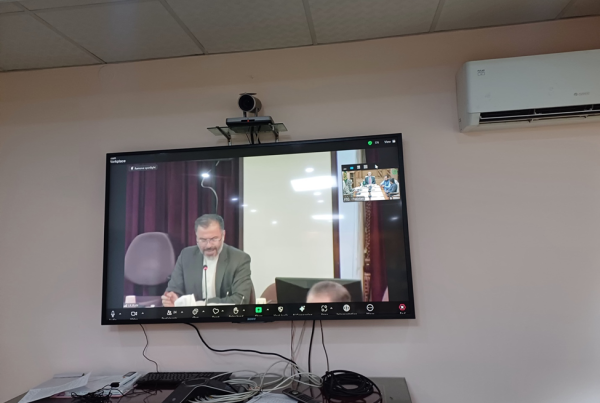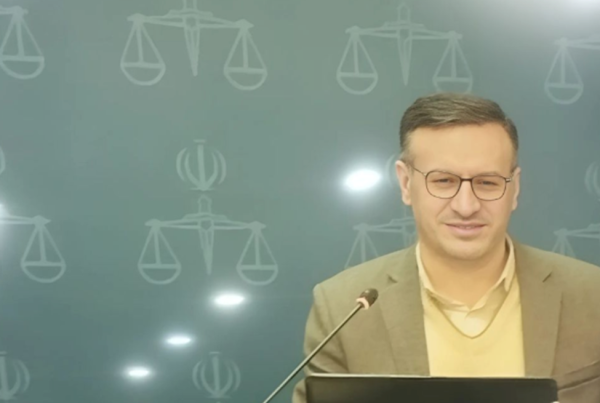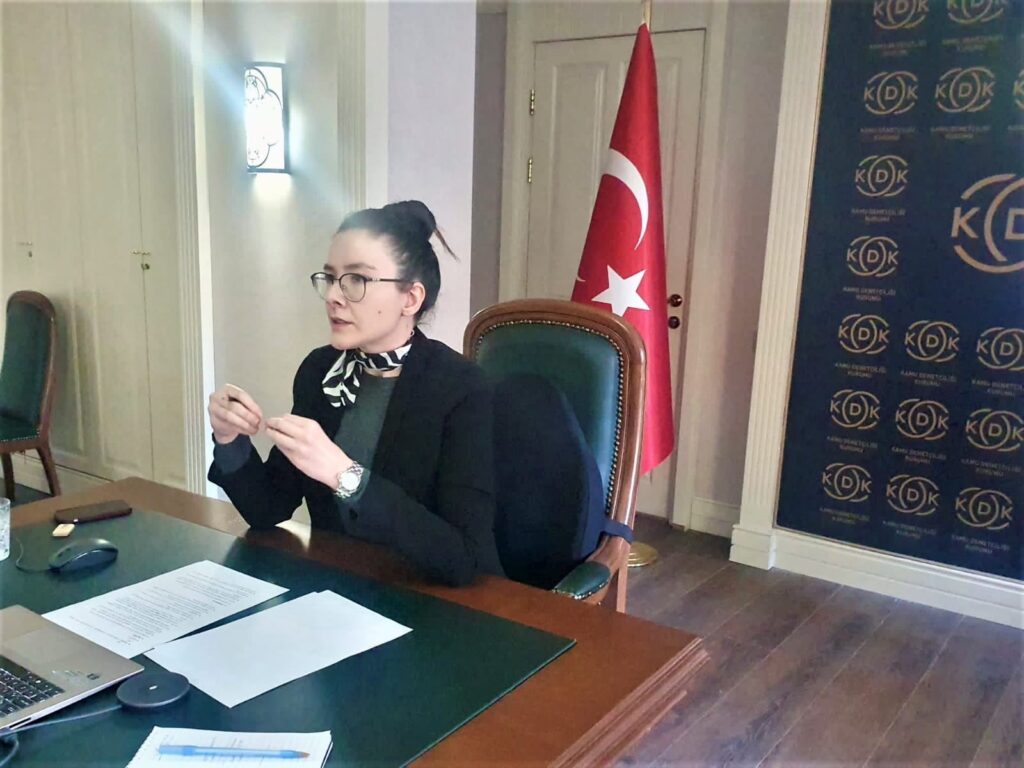 OICOA 2nd Training Session
OICOA 2nd Training Session
OIC Ombudsman Association (OICOA) conducted its 2nd Training Session in December in collaboration with the Ombudsman Institute of Republic of Turkiye.
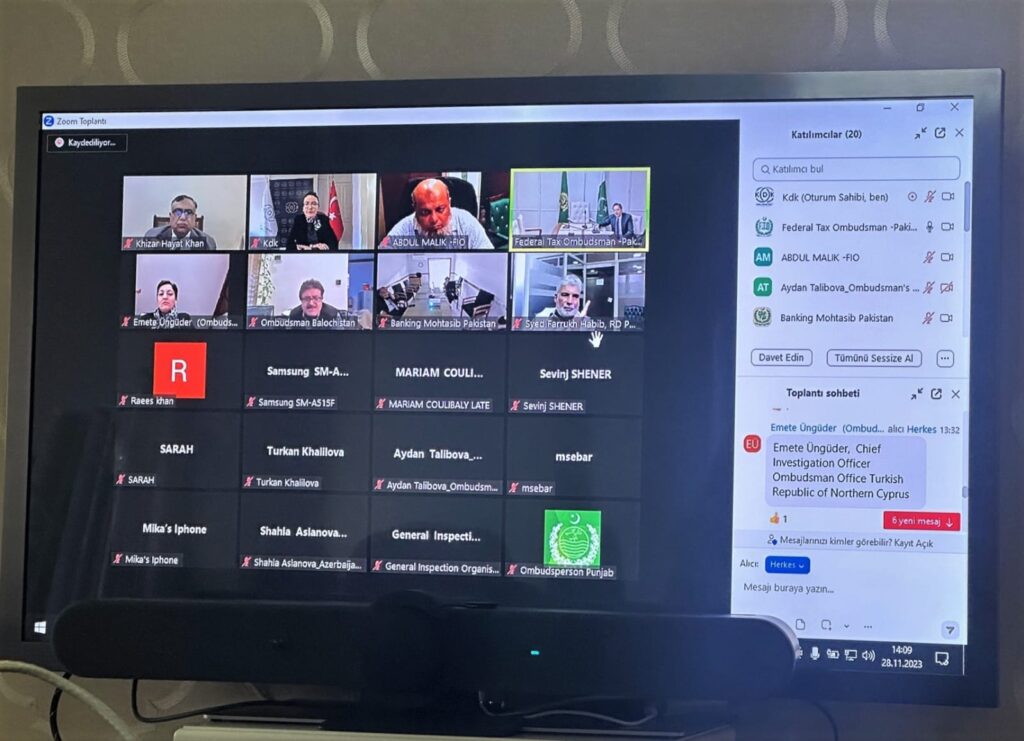
Ms. Basak Manav, the head of the Human Rights Monitoring and Research Bureau at the Ombudsman Institute of Turkiye was the trainer of this session and delved into the complex and nuanced topic of Islamophobia in Europe, shedding light on the critical role of legal frameworks and human rights advocacy in addressing this deep-rooted issue.
She explained that Islamophobia, a term that has gained considerable traction in recent years, refers to the unwarranted fear, hatred, or prejudice against Islam and Muslims. This phenomenon, increasingly prevalent in various European nations, not only sows the seeds of division but also blatantly contradicts the principles of equality and human rights that Europe prides itself on. Miss Manav’s training was not just an exposition on this issue but a clarion call for action and awareness.
At the heart of her presentation was an exploration of the legal framework surrounding human rights and anti-discrimination laws in Europe. She adeptly navigated through the intricacies of legislation, drawing attention to both its strengths and the gaps that allow Islamophobia to persist. Her analysis extended beyond the mere letter of the law to its spirit, urging for a reinvigoration of legal mechanisms to ensure they serve as effective tools against discrimination.
Equally significant was Miss Manav’s emphasis on human rights advocacy. She underscored the importance of empowering individuals and communities to not only recognize their rights but to actively seek them. Through vivid examples and compelling narratives of Islamophobic occurrences in Europe, she illustrated how advocacy can bridge the gap between theoretical rights and their practical realization. It’s not just about knowing one’s rights; it’s about having the courage and support to claim them.
The most profound aspect of her training was the spotlight on the Ombudsman Institution itself. This body, often perceived as a mere bureaucratic entity, was redefined through Miss Manav’s eyes as a dynamic force capable of effecting real change. She elucidated how the Office of the Ombudsman can play an instrumental role in combatting discrimination, serving as both a shield and a sword against the injustices faced by Muslim communities in Europe.
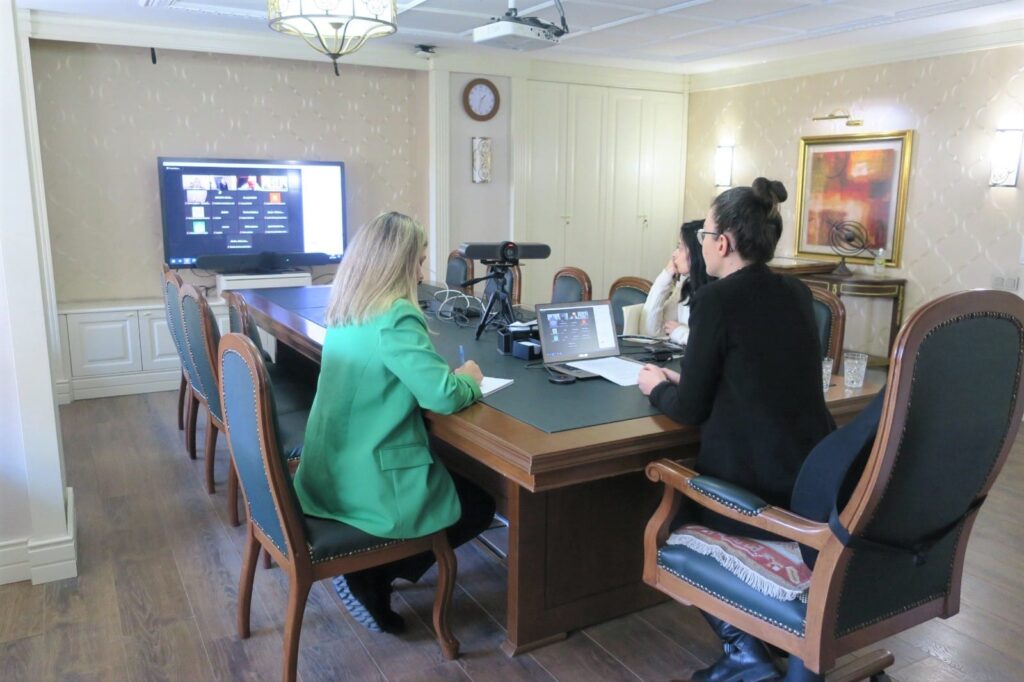
Miss Manav’s training went beyond mere discourse; it was a committed effort towards promoting inclusivity and justice. By highlighting the intersectionality of Islamophobia with broader human rights issues, she broadened the scope of understanding and empathy among her audience. The session was not just an academic exercise but a journey into the lives of those affected, a glimpse into the struggles they face, and a roadmap towards a more equitable future.
The impact of such training sessions cannot be overstated. They serve as a catalyst for change, inspiring individuals and institutions alike to rethink their approach to human rights and discrimination. Miss Manav’s session, in particular, has sown seeds of hope and determination. It calls on each one of us to be vigilant against the tides of prejudice, to stand firm in our commitment to human rights, and to work tirelessly towards a world where diversity is not just tolerated but celebrated.
In conclusion, the training session by Miss Basak Manav is a testament to the power of informed dialogue and proactive engagement in tackling societal issues. It reminds us that in the fight against Islamophobia, knowledge is our strongest ally, empathy our greatest weapon, and solidarity our surest path to victory.

